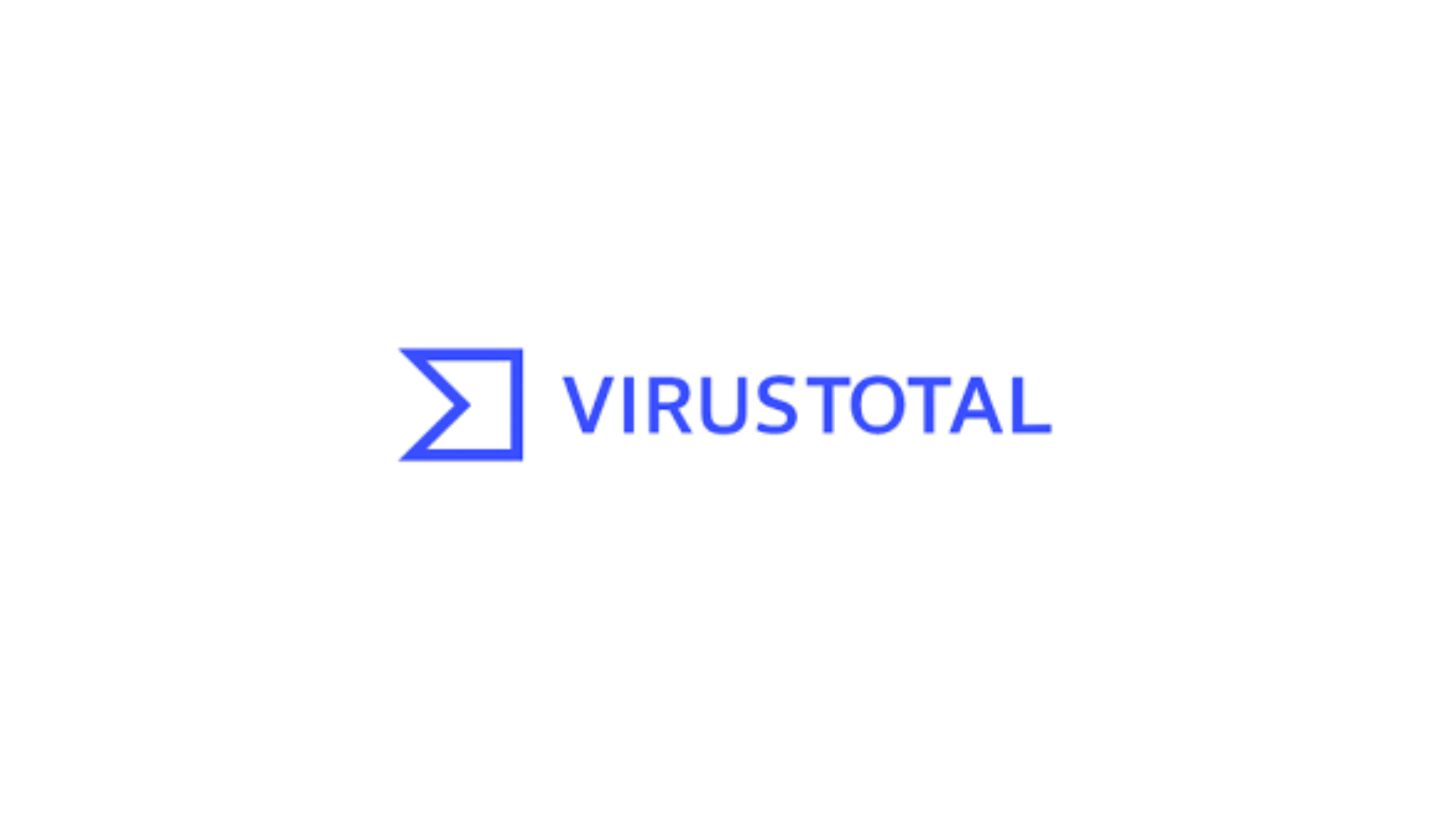Table of Contents
VirusTotal
Freemium
VirusTotal is a free online service that analyzes files and URLs for malicious content. Launched in June 2004 by Hispasec Sistemas, a Spanish security company, and later acquired by Google in 2012 (and subsequently becoming a part of Chronicle in 2018), it aggregates results from numerous antivirus engines, website scanners, and blacklisting services to provide a comprehensive threat assessment. Rather than relying on a single antivirus solution, VirusTotal offers a consensus view, helping users identify threats that might be missed by individual security products and reduce the risk of false positives. This collaborative approach makes it an invaluable resource for both end-users and antivirus vendors.
Key Features
VirusTotal boasts a range of features designed to enhance threat detection and analysis:
Multi-Antivirus Scanning: Scans files and URLs using over 70 different antivirus engines and website scanners.
URL Analysis: Analyzes URLs for malicious content, phishing attempts, and other online threats.
File Analysis: Provides detailed reports on scanned files, including detected malware, file characteristics, and behavior analysis (dynamic analysis with Cuckoo sandbox).
Community Sharing: Allows users to share scan results and contribute to a global database of threat intelligence.
API Access: Offers a public API for programmatic access to its analysis results, enabling integration with other security tools.
Mobile App Scanning: Analyzes applications installed on Android devices for potential malware using the VirusTotal database.
Statistics Section: Provides counts of scanned files and infected apps, files or URLs.
File and URL analysis: You can analyze any file or URL from the application or another application.
Use Cases or Applications
VirusTotal's versatility makes it suitable for various applications:
Malware Analysis: Security analysts can use VirusTotal to quickly analyze suspicious files and identify potential malware infections.
Phishing Detection: Identify phishing websites by scanning URLs before visiting them.
Threat Intelligence: Security researchers can leverage VirusTotal's API to gather threat intelligence and track emerging malware trends.
Incident Response: During incident response, VirusTotal can help quickly assess the scope and impact of a security breach.
Software Development: Developers can use VirusTotal to scan their software for vulnerabilities and malware before release.
Automated Workflows: Integrate VirusTotal with security automation tools like Google Security Operations SOAR to automate threat analysis and incident response. For example, users can forward suspicious attachments to
scan@virustotal.comand scan files for ransomware using file hashes.
What is Unique About VirusTotal?
VirusTotal's uniqueness lies in its collaborative and aggregated approach to threat detection. Unlike traditional antivirus software that relies on a single engine, VirusTotal leverages the power of multiple engines to provide a more comprehensive and accurate assessment. This multi-scanning approach significantly increases the chances of detecting malware, even if it's new or polymorphic. Furthermore, the platform's community sharing feature allows users to contribute to a global database of threat intelligence, making it a valuable resource for the entire cybersecurity community. In addition, the Cyber National Mission Force (U.S. Cyber Command) became a Contributor, adding to the platform´s overall effectiveness.
Who Should Use VirusTotal?
VirusTotal is a valuable tool for a wide range of users:
Security Analysts: For malware analysis, threat hunting, and incident response.
IT Professionals: To scan suspicious files and URLs before deploying them on their network.
Software Developers: To check their software for vulnerabilities and malware.
Security Researchers: To gather threat intelligence and track emerging malware trends.
Android Users: To scan installed applications for potential malware (using the VirusTotal Mobile app).
Anyone concerned about online security: To get a second opinion on suspicious files or URLs.
Supported Platforms & Installation
VirusTotal is primarily a web-based service, accessible through any web browser. No installation is required. Simply visit the VirusTotal website and upload a file or enter a URL to scan.
For Android users, the VirusTotal Mobile app is available on the Google Play Store. Download and install the app to scan installed applications for potential malware. Note that the mobile app does not offer real-time protection, it is designed for on-demand scanning.
For programmatic access, the VirusTotal API is available. You will need a VirusTotal account and an API key to use the API. API keys can be obtained by signing into the VirusTotal Community and locating it in personal settings. Remember to adhere to VirusTotal's API usage terms and rate limits.
Pricing
VirusTotal offers a variety of access levels, including a free public service and premium subscriptions. The free public service allows users to scan files and URLs, but it has limitations on the number of scans per day and the availability of advanced features. Premium subscriptions offer higher scan limits, API access, and other advanced features. Contact VirusTotal directly for enterprise pricing.
Short Summary
VirusTotal is a powerful and versatile platform for analyzing files and URLs for malicious content. Its multi-scanning approach, community sharing feature, and API access make it an invaluable resource for security professionals, IT professionals, and anyone concerned about online security. While it's not a replacement for a dedicated antivirus solution, it serves as an excellent "second opinion" tool and a valuable source of threat intelligence. Integrating VirusTotal with security automation tools can further enhance its effectiveness, streamlining threat analysis and incident response workflows.
Found this tool interesting? Keep visiting thesecmaster.com, and our social media page on Facebook, LinkedIn, Twitter, Telegram, Tumblr, Medium, and Instagram, and subscribe to explore more useful tools like this.
VirusTotal
Freemium
April 17, 2025
